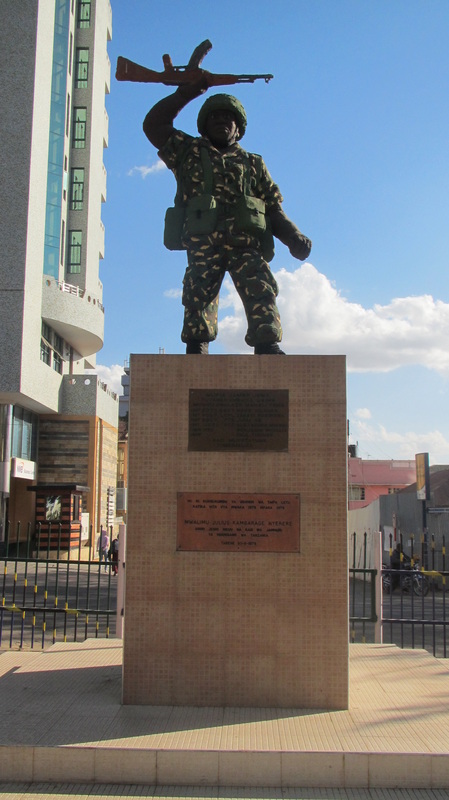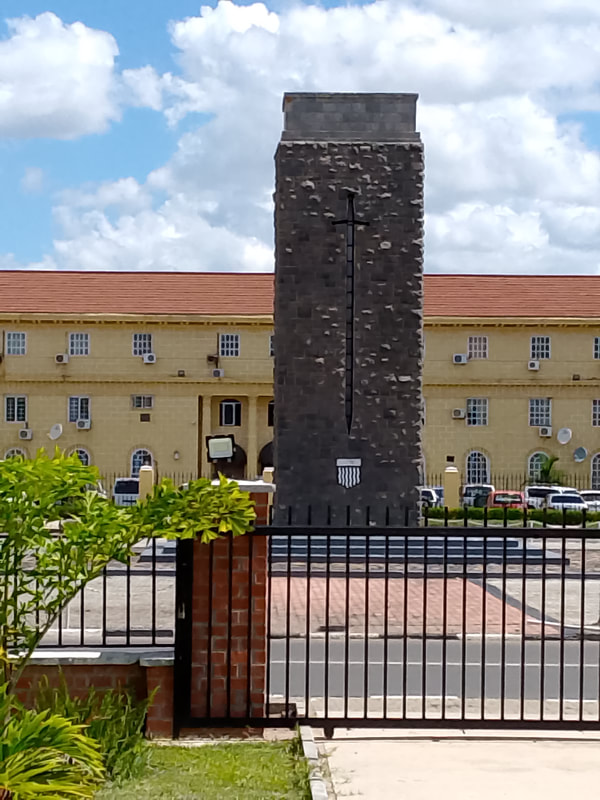From an international standpoint, Walmart's big jump into Africa should make many other North American firms take notice, and not just in retail. When a world leader in its field turns to Africa, then something must have changed to attract them there. Marxists would argue that capitalism must expand to survive, and Africa represents the last frontier market for retail. But capital does not pursue profit-less endeavours, and retailers are among the most risk-averse businesses (how many standard US retailers even view Canada as too risky a market?). South Africa may still have significant problems, but the gradual rise of a middling market there and in many other African economies cannot be ignored. Walmart will mark a tipping point for consumer oriented firms to discover that Africans want their stuff.
|
Walmart announced today that it was making its first move into Africa. The conservative yet internationally aggressive retailer announced it has offered a non-binding expression of interest to take over South African chain Massmart Holdings Inc for US$4.6 billion. Massmart operates 290 stores: the majority are in South Africa, but they have a presence in 12 other African countries (ranging from Botswana and Namibia to Tanzania, Mauritius, Ghana, and Nigeria). Given the already strong trade links between South Africa and China--one of Walmart's primary sources of goods for its stores globally--incorporating existing supply chain management systems into its new acquisition will not be a diffcult adjustment. Dealing with South Africa's unions, however, may be. They have promised to honour existing agreements and may face well mobilized union and civil society campaigns as they've experienced elsewhere. But if Walmart can find a way to close the deal and drive down even further the costs of goods for South African consumers they may be able to weather the initial response against them. Massmart already achieved a BBBEE (black-empowerment) score of 66% in 2010, likely the highest in South African retailing. They may also improve the overall quality of low end retail service through their competitive presence. But Walmart will have to tread carefully in a highly charged political economy where majority expectations remain unmet 16 years after the Mandela's 1994 election victory, and fissures within the ANC are in an expansionary period.
From an international standpoint, Walmart's big jump into Africa should make many other North American firms take notice, and not just in retail. When a world leader in its field turns to Africa, then something must have changed to attract them there. Marxists would argue that capitalism must expand to survive, and Africa represents the last frontier market for retail. But capital does not pursue profit-less endeavours, and retailers are among the most risk-averse businesses (how many standard US retailers even view Canada as too risky a market?). South Africa may still have significant problems, but the gradual rise of a middling market there and in many other African economies cannot be ignored. Walmart will mark a tipping point for consumer oriented firms to discover that Africans want their stuff.
0 Comments
|
AuthorChris WJ Roberts is a Canadian international business and policy consultant; a student of African politics, international relations, and Canadian foreign policy working towards a PhD in political science at the University of Alberta; and an instructor in political science at the University of Calgary since 2014 Archives
February 2016
Categories
All
|



 RSS Feed
RSS Feed
